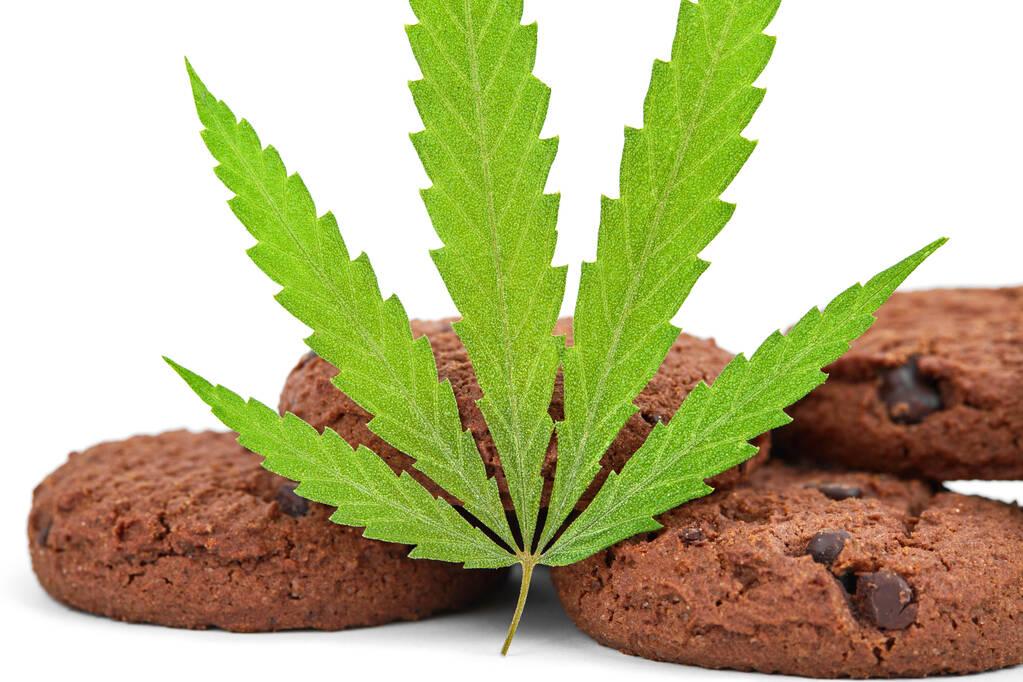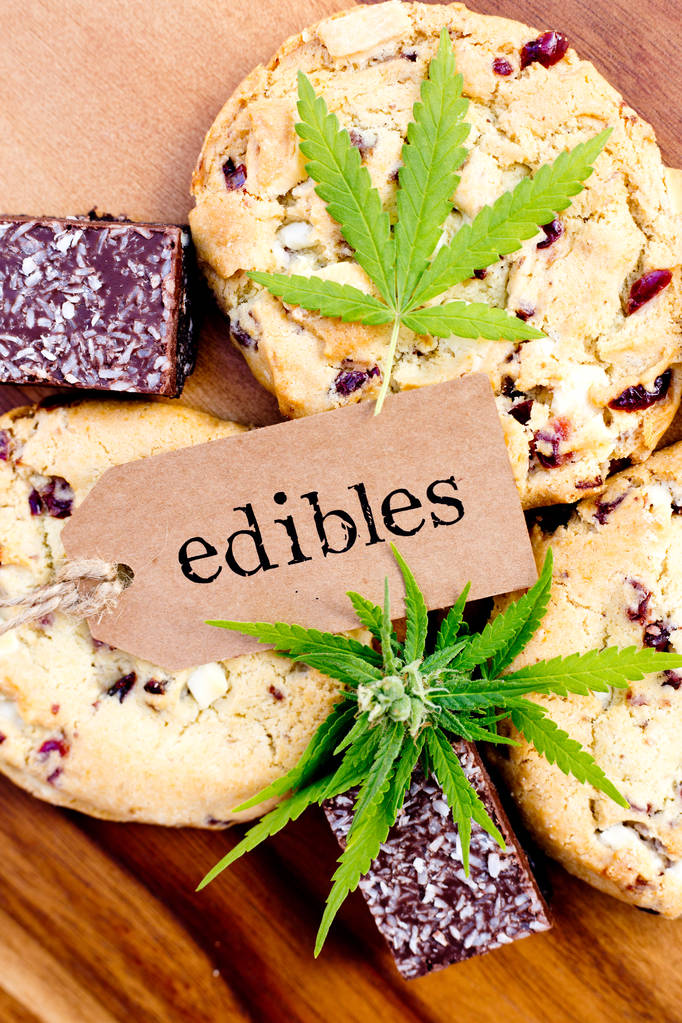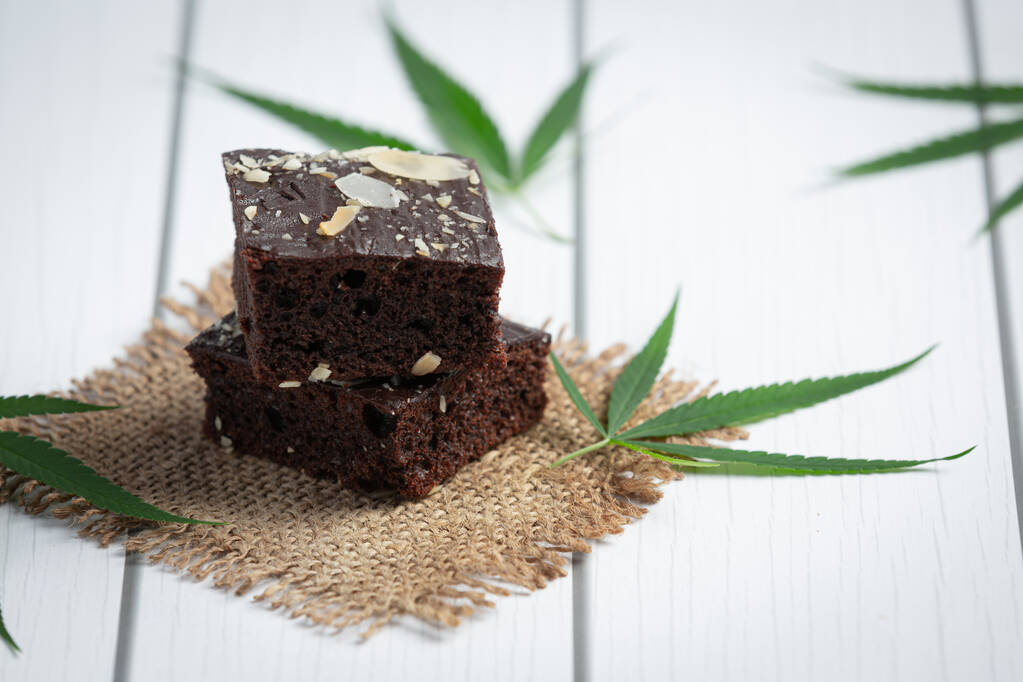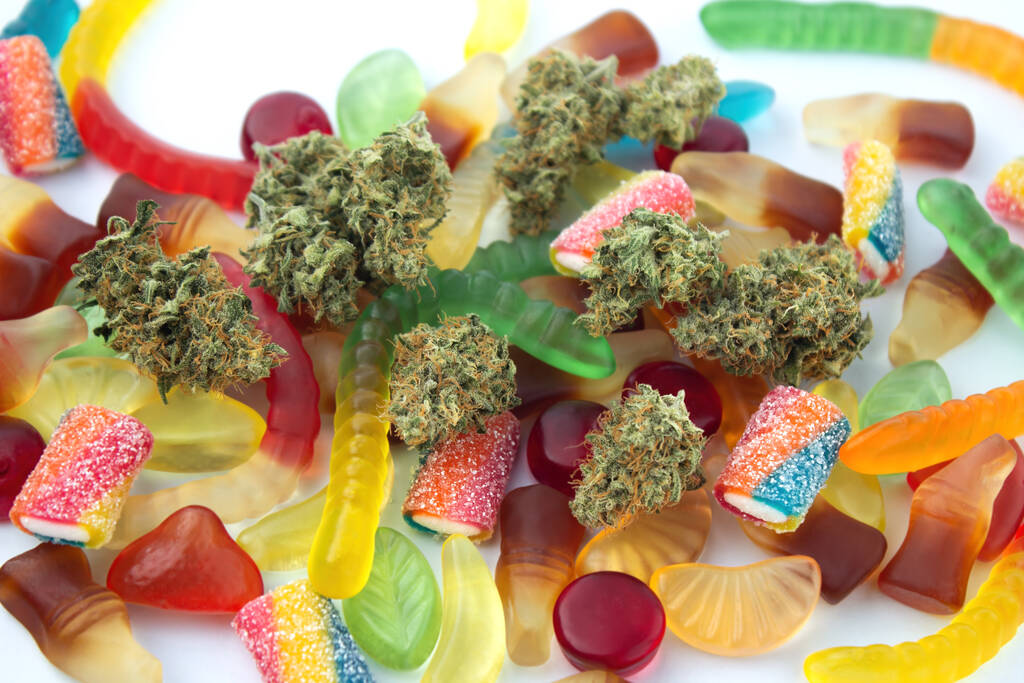As of April 2025, 24 U.S. states have legalized adult-use marijuana. In each of these states, it varies significantly how much cannabis edibles, in both solid and liquid forms, an individual is allowed to possess.

Most states regulate edibles based on THC content rather than by the total weight of the edible product, but that’s not always the case. Below is a complete breakdown of each state’s edible possession rules for recreational users, along with any differences that apply to medical marijuana patients. In each state, the age limit is 21 and older, unless for medical purposes.
Alaska: Up to 5,600 mg of THC in edible products. Edibles are limited to 10 mg THC per serving and 100 mg THC per package. Medical patients have the same edible possession limits.
Arizona: Edibles are treated as marijuana concentrate, effectively capping possession around 5,000 mg of THC. Medical patients may possess more marijuana overall, but no separate edible THC cap is set.
California: No total THC possession cap for edibles. Edibles are limited to 10 mg THC per serving and 100 mg THC per package.
Colorado: Up to 800 mg of THC in edibles per transaction. Medical patients may purchase up to 20,000 mg of THC in edibles per transaction.

Connecticut: Edibles are capped at 5 mg THC per serving and 100 mg THC per package. Medical patients may possess more marijuana but no separate edible THC limit is set.
Delaware: Up to 750 mg THC in edibles. Medical patients may possess significantly more marijuana but no specific THC limit for edibles.
Illinois: Up to 500 mg of THC in infused products. Medical patients may possess larger amounts based on physician recommendation.
Maine: Edibles are limited to roughly 5,000 mg of THC based on possession equivalencies. Medical patients may possess larger quantities through home cultivation allowances.
Maryland: Up to 750 mg of THC in edibles. Medical patients may possess up to 36,000 mg of THC in infused products.
Massachusetts: Edibles are limited to 5.5 mg THC per serving and 110 mg THC per package. Medical patients may possess significantly more marijuana but must adhere to packaging limits.
Michigan: Edible purchases are roughly limited to 150 mg THC per transaction. Medical patients may purchase larger quantities daily.

Minnesota: Up to 800 mg THC in edibles. Medical patients may possess larger quantities of marijuana but no separate edible THC limit is specified.
Missouri: No specific edible THC limit; edibles are counted toward the overall marijuana possession limit. Medical patients may possess larger amounts overall.
Montana: Up to 800 mg THC in marijuana products. Medical patients have the same edible possession limit as recreational users.
Nevada: No specific total THC limit for edibles, but individual packages are capped at 100 mg THC. Medical patients follow the same edible rules but with higher overall purchase allowances.
New Jersey: Up to 1,000 mg THC in edibles per purchase. Medical patients may possess larger quantities over 30 days.
New Mexico: Up to 800 mg THC in edibles per purchase. Medical patients may possess significantly more marijuana but no separate edible THC limit is specified.
New York: Edibles are treated as concentrates, and possession limits are based on concentrate allowances. Medical patients may possess more marijuana, but no distinct edible limit is specified.

cannabis brownies and cannabis leaves put on fabric
Ohio: Edibles are treated as THC extracts, and possession limits are based on extract allowances. Medical patients may possess larger amounts over 90 days.
Oregon: Up to 800 mg THC in edibles in public. At home, possession is allowed for up to 16 ounces of solid edibles and 72 ounces of liquid edibles. Medical patients may possess more.
Rhode Island: Edibles are limited to 10 mg THC per serving and 100 mg THC per package. Edibles count toward the overall possession limit of 1 ounce in public and 10 ounces at home. Medical patients may possess up to 2.5 ounces every 15 days. Liquid edibles must include a measuring device, and all edibles must be sold in child-resistant, resealable packaging.
Vermont: Up to 800 mg THC in edibles. Medical patients may possess up to 1,600 mg THC in edibles based on higher marijuana allowances.

Virginia: No specific THC limit for edibles. Future regulations may establish edible equivalencies.
Washington: Up to 16 ounces of solid edibles and 72 ounces of liquid edibles. Medical patients may possess three times these amounts.







